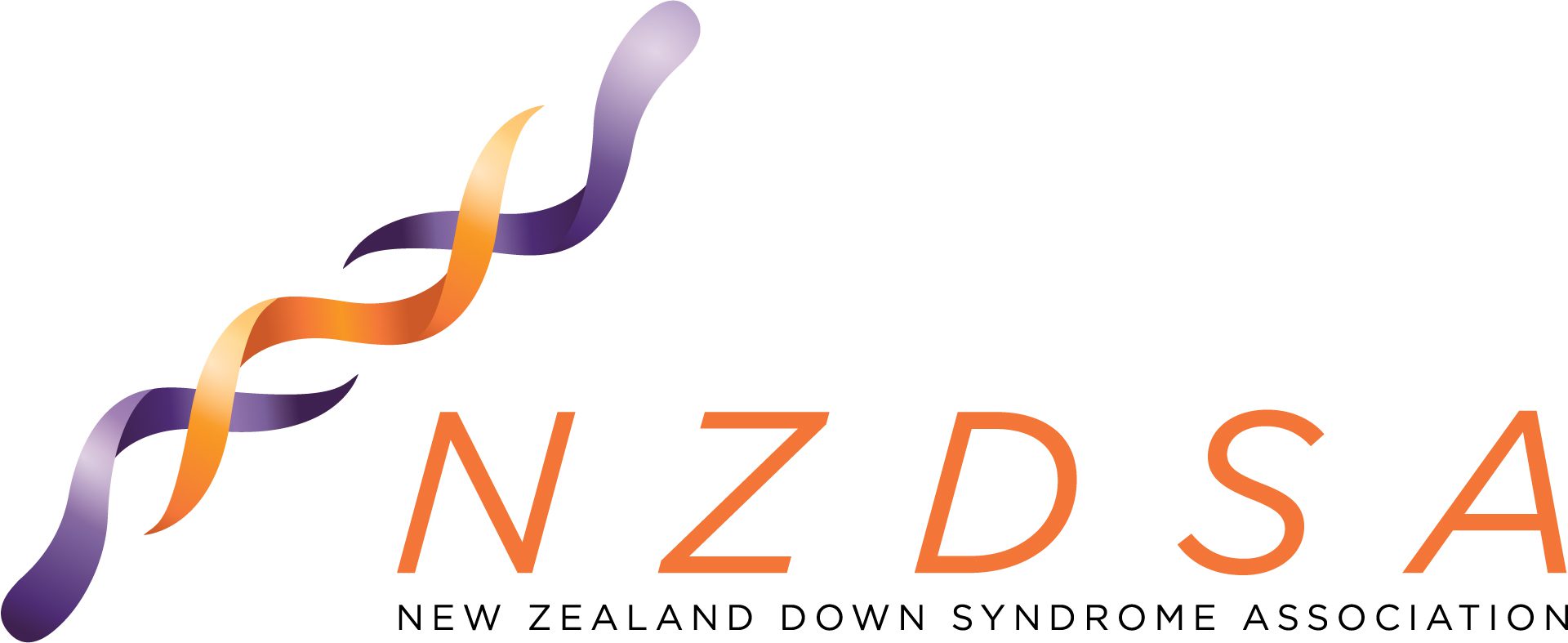Growing up
Like other teenagers, teenagers with Down syndrome may become moody and develop different interests and values from their parents.
- Like other teenagers, teenagers with Down syndrome may become moody and develop different interests and values from their parents.
- Puberty occurs at around the same age as other children, sometimes slightly earlier.
- Friendships between children with Down syndrome and other children may alter or stop as they become teenagers.
- Typically developing teenagers may be embarrassed about having a friend or brother or sister with Down syndrome. Usually, this resolves in a few years into an accepting relationship.
- During teenage years the need for people with Down syndrome to also have friends with intellectual disabilities becomes important. Local groups like Special Olympics or Down syndrome support groups may be valuable.
- Young people with Down syndrome can usually remain at school until the age of 21, if they wish.
- Education should provide both academic and life skill opportunities to help with the transition to adult life and work.
